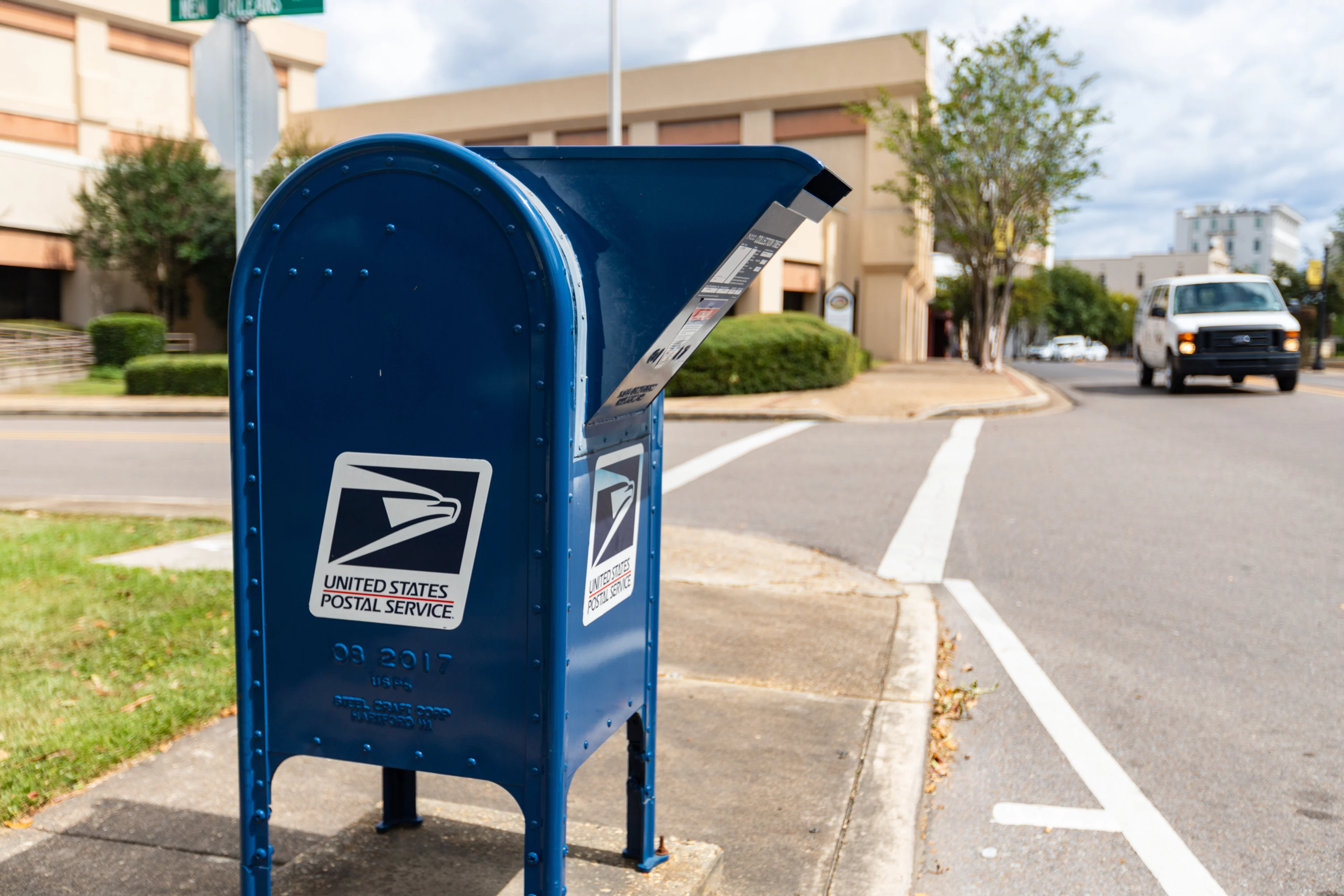
Selling a Business: How an Earn Out Can Bridge the Business Valuation Gap
When selling a business, one way to get your deal done in today’s mergers and acquisitions environment is by using an earn out agreement, which sets a company’s purchase price according to how well it performs after it’s sold. It can be especially useful in bridging business valuation gaps or overcoming negotiation stalemates in which the parties disagree about the company’s future profitability. But earn outs can be complicated. Before you agree to structure your transaction this way when selling a business, acquaint yourself with the risks. The M&A advisors at Doeren Mayhew explain.
Earn Outs Benefit Buyers and Sellers
With an earn out agreement, buyers pay only a portion of a company’s total purchase price at the deal’s closing. The balance is paid in installments as the acquired company achieves specific performance metrics and milestones that the seller and buyer have agreed on. These milestones might involve performance in:
- Revenue
- Net profits
- Cash flow
- Earnings per share
- Level of capacity utilization
- The launch of new products or the acquisition of new customers
Appropriate Earn Out Period
Deal participants must agree on an appropriate earn out period based on how long both parties project it will take to adequately measure the company’s performance and reach a total satisfactory estimated transaction payout. An earn out period that’s too short may encourage managers, in pursuit of short-term profitability, to neglect aspects crucial to the business’s long-term success such as product quality and customer service. But an earn out period that’s too long may drag out the process unnecessarily and delay payment to the seller. Once performance metrics and milestones for the earn out have been set, deal participants should address potential issues that could impede the company’s ability to reach these goals after the acquisition is complete. These include a changing competitive landscape or a large-scale economic downturn. To protect against these events affecting future payments, sellers might want to consider negotiating alternative methods of measuring the company’s future performance in the earn out agreement.
When it Makes Sense
An earn out can be a good solution when sellers are confident that their company’s future performance will meet or exceed projections. Sellers, however, likely will want the company to be operated as a stand-alone unit during the earnout period. If the buyer is planning to fully integrate the acquisition into existing operations, it may be difficult to separate various functions, such as accounting and the allocation of expenditures, and to isolate performance — which will be necessary if the company is to reach the earn out agreement’s benchmarks. While earn outs can net a higher price in the long run, sellers need to consider the possibility that they will never receive more than the closing price. The buyer could default or the company’s future performance could fail to meet the agreement’s terms. Though protections such as money in escrow or a letter of credit are options, sellers should think twice about an earn out unless they’re willing and able to accept only the initial amount. Earn outs can be attractive to buyers who might not otherwise be able to finance a larger up-front payment. The buyer also may reap the benefits of a seller who’s motivated to reach operational or financial milestones and increase the value of the company.
Potential Power Struggles
Significant power struggles between parties also are possible. Sellers generally want input into how the company is run to help ensure it will meet performance targets. They can do this by structuring the earn out to require their consent to any significant business decisions, such as the sale or acquisition of major assets or the termination of key personnel. Buyers, on the other hand, desire the freedom to steer the business in the direction of their choosing and will want to ensure that the earnout provides them with the authority to do so. The parties can head off another potential conflict by making sure the earn out agreement includes specific guidelines for the calculation of performance measures. A seller may choose to define control provisions in the purchase agreement to ensure buyer performance. The buyer, likewise, can implement control provisions to ensure contributions by the seller during the earnout period. The agreement also should address accounting matters that could cause discord down the line, such as allocation of the buyer’s corporate overhead, depreciation and taxes, and extraordinary events. Sellers also should insist on protections in the event the buyer attempts to undermine the company’s performance to avoid payments. Accurate accounting and auditing methods can be tricky during an earn out, and the seller should define a process and schedule for reviewing and assessing performance as part of the purchase agreement. Buyers, for their part, should negotiate provisions that preserve their economic interest in the business. If the seller maintains management control after the acquisition, the buyer may, for example, want to request the right to mandate the reduction of expenses if the business isn’t meeting its targets. Buyers also should be careful when agreeing to protective provisions that could force a barrier between the acquired business and other business units. This could lead to greater expenses that potentially diminish the benefits of the acquisition.
An M&A Advisor Can Help You Head Off Trouble
Earn outs can be a useful tool in getting a deal accomplished — but they aren’t without risk. Careful negotiation, attention to detail and comprehensive documentation can go a long way in eliminating risk and help achieve terms that lessen the odds for legal disputes in the future. For assistance selling a business and bridging the business valuation gap with an earn out, contact a Doeren Mayhew M&A advisor in Michigan, Houston or Ft. Lauderdale.


